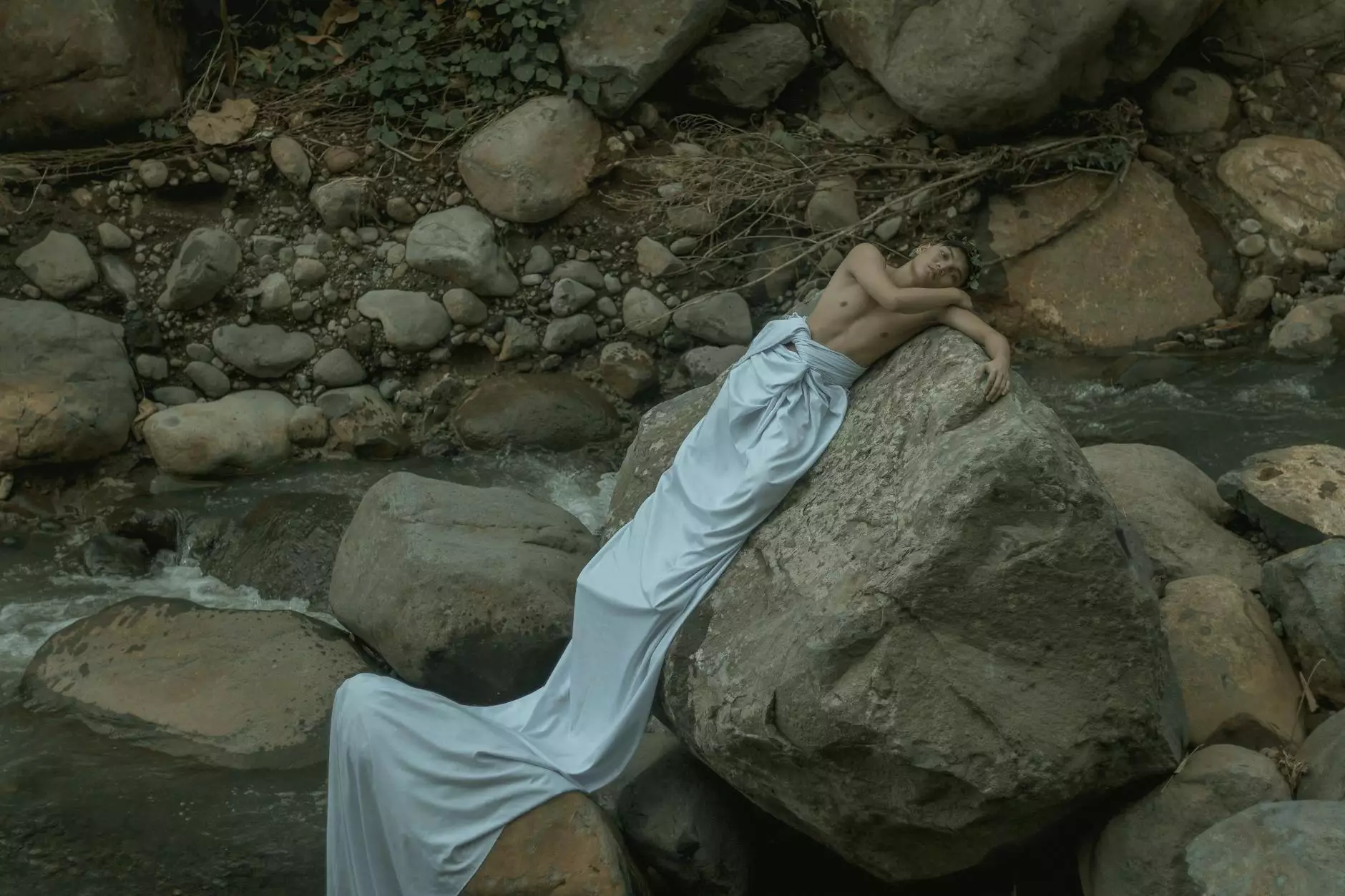How to Be a Horror Writer
About
Becoming a successful horror writer requires a unique blend of creativity, storytelling skills, and a deep understanding of the genre. If you have a passion for the macabre and a desire to terrify your readers, then this guide from Paving and Home Builder Marketing is perfect for you.
Understanding the Horror Genre
Before diving into writing horror stories, it's important to have a solid grasp of what makes the genre so compelling. Horror is all about evoking fear, unease, and suspense in your audience. Whether you're exploring supernatural elements, psychological terrors, or gruesome events, your goal as a horror writer is to elicit strong emotional responses from your readers.
Building a Strong Foundation
One of the key aspects of being a successful horror writer is developing a strong foundation in storytelling. This includes understanding plot structure, character development, and creating tension. By mastering these basic elements, you can effectively hook your readers and keep them on the edge of their seats.
Plot Structure
A well-crafted plot is essential for any horror story. Consider starting with a compelling hook that draws readers in, then gradually escalate the tension as the story progresses. Building towards a climactic and satisfying resolution is crucial for leaving a lasting impact on your audience.
Character Development
Engaging characters can make or break a horror story. Develop multifaceted characters with distinct motivations, fears, and flaws. Readers should be able to empathize with your characters and feel invested in their fates, creating a deeper and more immersive reading experience.
Setting the Tone
The atmosphere plays a significant role in the effectiveness of horror stories. Whether you're crafting a chilling ghost tale or a gruesome thriller, setting the right tone is crucial for immersing readers in your narrative. Use descriptive language to create a sense of dread, anticipation, and mystery throughout your story.
Exploring Subgenres
Horror is a diverse genre with various subgenres that cater to different tastes and preferences. From supernatural horror to psychological thrillers, there are countless avenues to explore as a horror writer. Experiment with different subgenres to find your niche and unleash your creative potential.
Supernatural Horror
This subgenre delves into the realm of the supernatural, featuring ghosts, demons, and otherworldly entities. Embrace the unknown and tap into primal fears to craft spine-chilling tales that linger in the minds of your readers long after they've finished your story.
Psychological Thrillers
Psychological horror focuses on the complexities of the human mind, delving into themes of paranoia, obsession, and madness. By exploring the innermost fears and doubts of your characters, you can create gripping narratives that question the nature of reality and perception.
Mastering the Art of Suspense
Suspense is a vital element of horror writing that keeps readers eagerly turning pages. By strategically withholding information, dropping clues, and building anticipation, you can intensify the sense of dread and anticipation in your story. Mastering the art of suspense is key to creating a memorable and impactful horror narrative.
Conclusion
With dedication, creativity, and a deep understanding of the horror genre, you can embark on a rewarding journey as a horror writer. By honing your storytelling skills, experimenting with different subgenres, and mastering the art of suspense, you can craft compelling and chilling tales that captivate and terrify your readers. Embrace the darkness, let your imagination run wild, and unleash the horrors that lurk within your mind.



